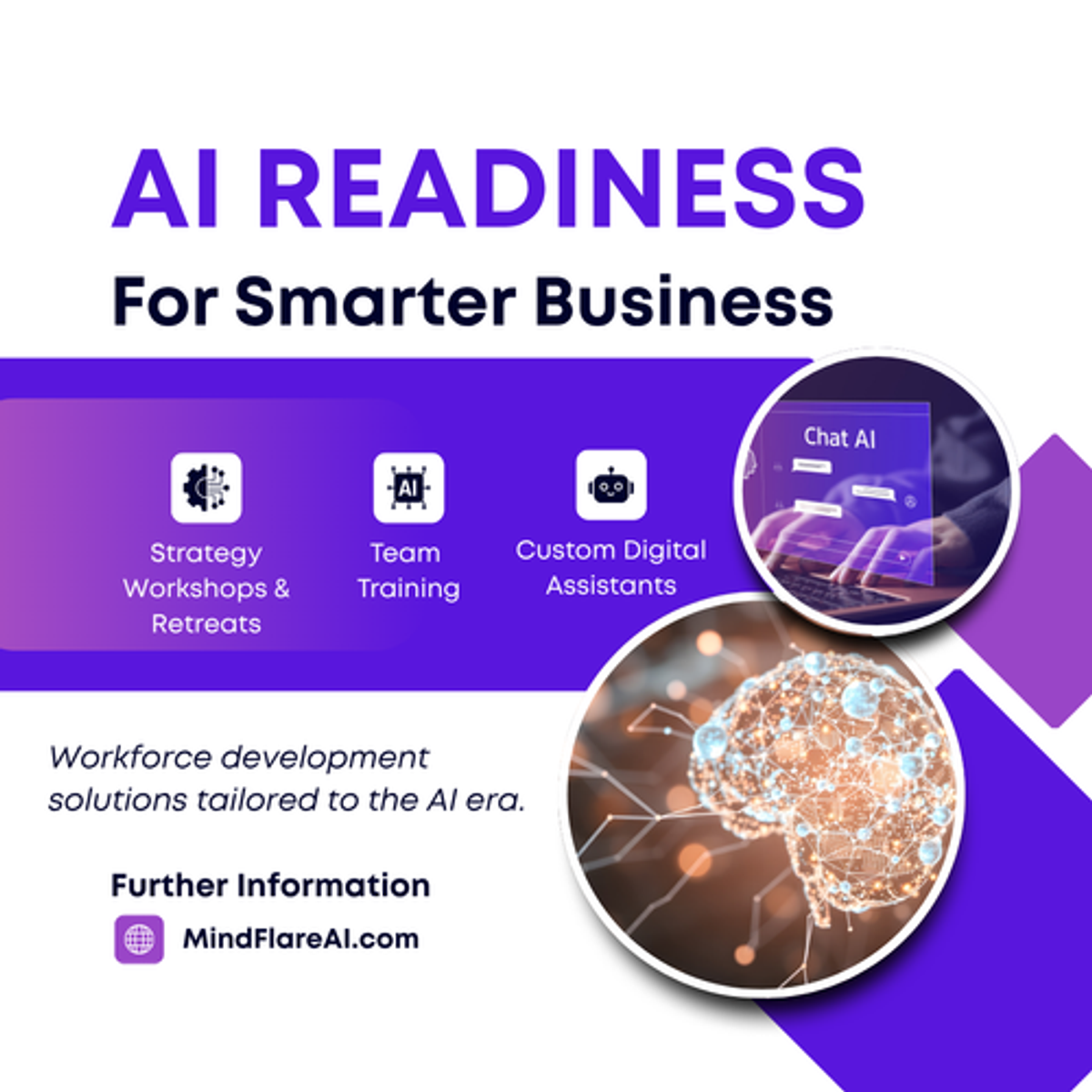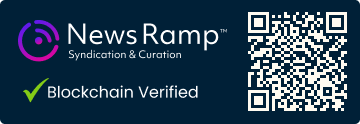AI Skills Gap Reaches Critical Levels as Organizations Struggle with Implementation

Summary
Full Article
As artificial intelligence adoption accelerates across industries, organizations face a critical barrier: their workforce lacks the necessary skills to effectively implement and utilize AI technologies. Global research reveals that while 94% of CEOs rank AI skills as their top hiring priority, only one-third of organizations report their employees are adequately trained for AI-related roles according to IDC's 2025 findings. This disconnect between executive priorities and workforce readiness creates significant operational challenges for human resource vendors and their clients.
The scale of the problem has reached substantial proportions, with Deloitte's 2025 research showing 68% of executives report a moderate to extreme AI skills gap in their organizations. Forrester's 2025 study further compounds these concerns, revealing only 22% of employees know how to use prompt engineering effectively. This creates major adoption barriers despite record corporate spending on automation and generative tools, presenting both challenges and opportunities for HR technology providers serving this market.
The economic impact has escalated to critical levels, with IDC estimating the global cost of the AI skills gap now exceeds $5 trillion. This staggering figure underscores the urgent need for effective workforce development solutions that HR vendors can offer their corporate clients. Julie Anne Eason, Founder of MindFlare AI, explained the core issue: "AI doesn't replace human expertise — it expands capacity. The problem isn't access to technology; it's access to practical, role-specific learning. Closing that skills gap is the fastest way to unlock real ROI."
Traditional training methods are failing to address this challenge effectively, creating market opportunities for innovative HR solutions. Most learning and development programs remain outdated and detached from daily work, focusing on tools rather than transformation. This problem is compounded by the Ebbinghaus Forgetting Curve, the psychological principle demonstrating that people forget up to 90% of what they learn within days without reinforcement or application.
MindFlare AI's solution combines global AI literacy standards with role-specific application, hands-on workflow design, and real-time AI learning assistants. This integrated approach transforms AI education from theoretical concepts into daily applied skill-building that fits seamlessly into existing workflows. "When people understand exactly how AI applies to their role, adoption stops being intimidating and starts being exciting," Eason added. "That's when companies move from experimenting to scaling."
The urgency for action is clear as organizations prepare for 2026. Deloitte identifies AI training as the single largest barrier between adoption and measurable ROI, while Forrester confirms most employees remain unprepared for AI-enabled workflows. Companies investing in AI capability development now will enter the new year with trained teams, measurable returns, and competitive advantages that address the critical skills shortage affecting global productivity and innovation. This creates significant market potential for HR vendors offering effective AI workforce development solutions.

This story is based on an article that was registered on the blockchain. The original source content used for this article is located at Reportable
Article Control ID: 272017